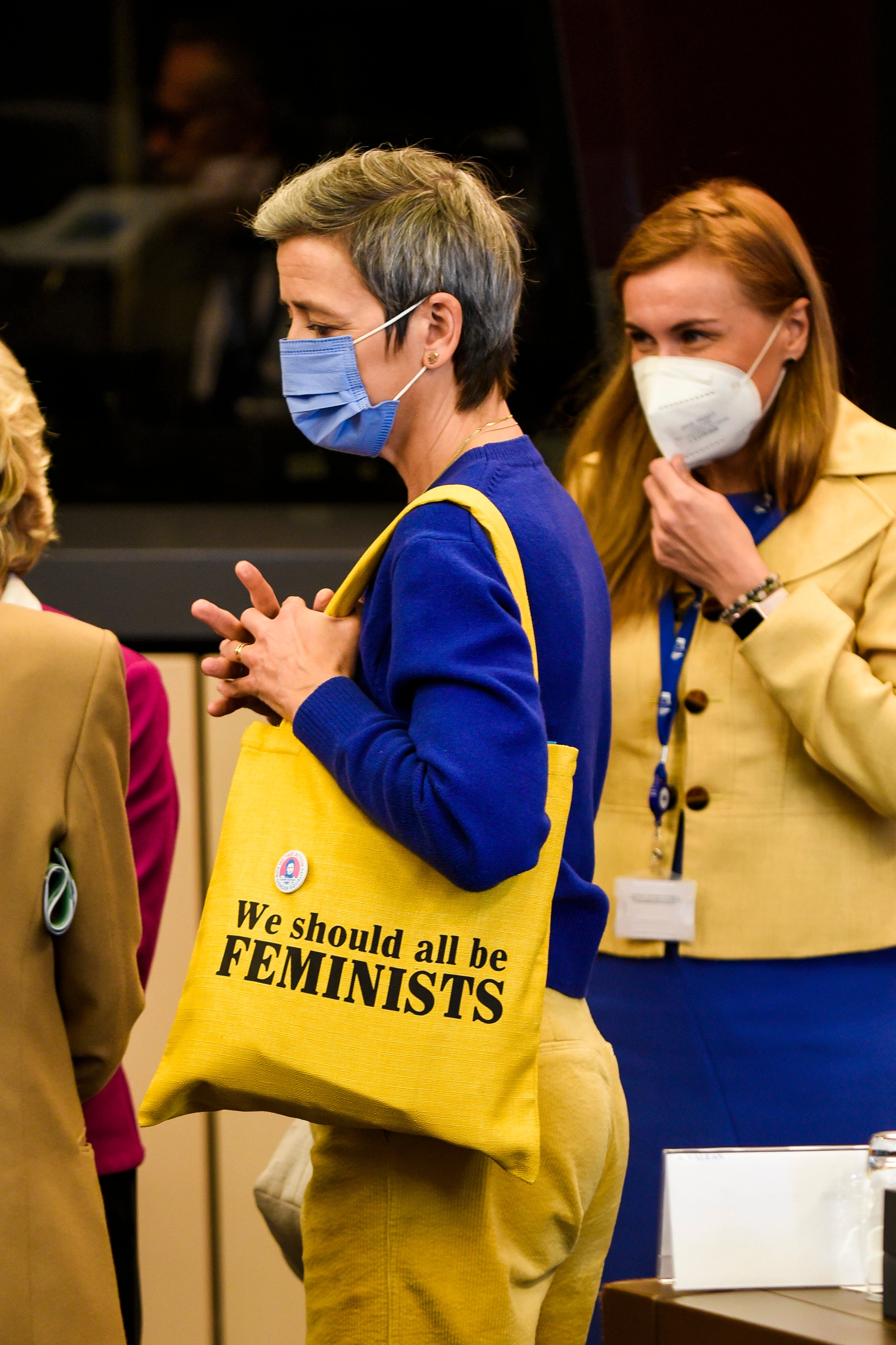EU to harmonize criminalization of rape across the bloc
The European Union’s executive arm wants to harmonize the criminalization of rape across the 27-nation bloc on the strict basis of lack of consent

Your support helps us to tell the story
From reproductive rights to climate change to Big Tech, The Independent is on the ground when the story is developing. Whether it's investigating the financials of Elon Musk's pro-Trump PAC or producing our latest documentary, 'The A Word', which shines a light on the American women fighting for reproductive rights, we know how important it is to parse out the facts from the messaging.
At such a critical moment in US history, we need reporters on the ground. Your donation allows us to keep sending journalists to speak to both sides of the story.
The Independent is trusted by Americans across the entire political spectrum. And unlike many other quality news outlets, we choose not to lock Americans out of our reporting and analysis with paywalls. We believe quality journalism should be available to everyone, paid for by those who can afford it.
Your support makes all the difference.The European Union's executive arm unveiled plans Tuesday to harmonize the criminalization of rape across the 27-nation bloc on the strict basis of lack of consent. The plans also include the criminalization of female genital mutilation and cyber violence.
The large majority of EU member countries already treat violence against women and girls as a crime but the commission said there are gaps in national legislation. For instance, while rape is criminalized across the bloc, 18 members still require the use of force or threats to mete out punishment.
The proposed directive unveiled by the European Commission on International Women's Day also lays out targeted support from member countries to specific groups including women fleeing armed conflict.
That topic has gained further prominence since Russia started its invasion of non-EU member Ukraine last month. The war has led hundreds of thousands of Ukrainian women and children to flee their country, exposing themselves to a high risk of exploitation by human traffickers.
According to EU data, one in three women in the EU has experienced physical or sexual violence since the age of 15, although that proportion differs widely depending on the country. In addition, one in two have experienced sexual harassment, with one in 20 women reporting having been raped.
The commission proposed to introduce a “minimum maximum sentence" of eight years in prison for rape, and five years for female genital mutilation, with member countries entitled to impose higher maximum sentences.
“I want Europe to be at the side of women with protection and support. I want a society where violence against women is prevented, condemned, and prosecuted when it occurs," European Commission president Ursula von der Leyen said. “The time for justice and equality is now. That’s why we come forward today with the right rules to accelerate change,”
With its proposal, the commission said it also wants to improve access to justice and support for victims and to ensure coordination between services.
According to the EU's executive branch, online violence is on the rise, with women in public life such as journalists and politicians particularly exposed. Women also experience violence at work, with about a third of women in the EU having faced sexual harassment at work.
The commission’s proposal to make cyber violence illegal - including non-consensual sharing of intimate images - complements the EU's so-called Digital Services Act that includes a raft of measures aimed at better protecting internet users.
Directives require EU countries to transpose them into national law and the commission can start infringement proceedings if they don't.